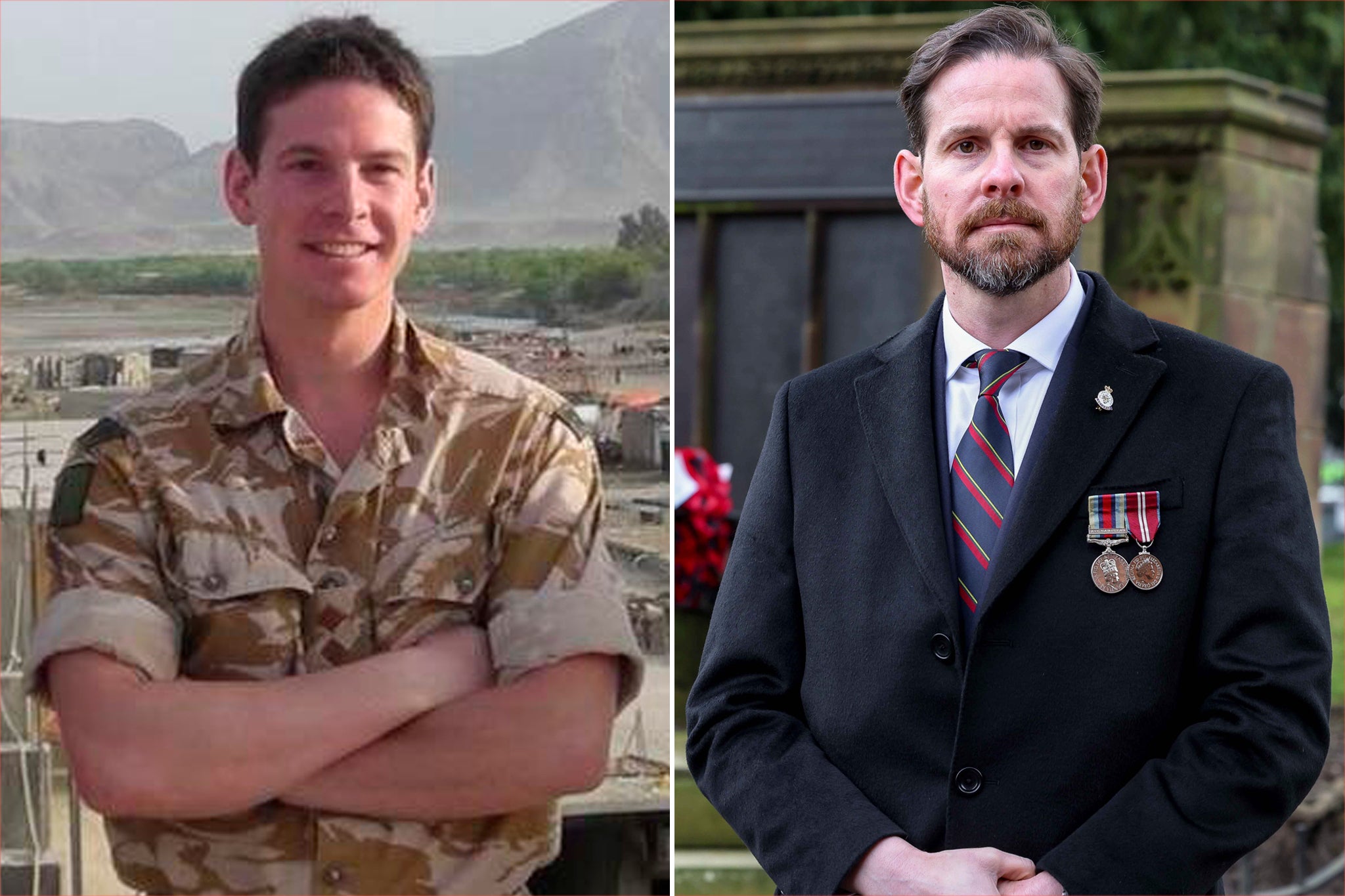I’m a former royal marine-turned-Labour MP – Rachel Reeves is missing the point on defence
Defence budgets and foreign aid work hand in hand, writes the Labour MP and former serviceman Alex Ballinger – and reducing the latter makes us all less safe


When I was under daily attack from rockets and mortars as a royal marine in Afghanistan, we knew the importance of the humanitarians working alongside us. Doctors, engineers and general staff, all were vital parts of our mission to deliver peace and stability in extraordinarily difficult circumstances.
When much of the infrastructure was destroyed in the town of Garmsir, forcing residents to flee to Taliban-controlled areas, it was UK and international aid that helped rebuild health clinics, roads and houses – working in conjunction with the British and American troops providing security. People duly returned to Garmsir, and it turned our allies in the Afghan Government into a more credible force.
When I worked in the tribal districts of Pakistan, UK aid helped to bring good governance to areas that were infamous for instability and exporting terrorism. It was also UK aid that provided the Pakistani government with expert advice on setting up courts, health centres, schooling, and better agriculture. Improving people’s lives and providing justice gave young men alternatives to joining armed groups – making us all safer.
I later worked with Syrian civil society and refugee groups in the region as an aid worker. As that civil war comes to an end, it will be the groups that UK aid supported which might offer the best hope of achieving a tolerant and stable country.
What these experiences taught me is that the military must work hand-in-hand with aid organisations and civil society. It is the most effective way to successfully stabilise fragile states, confront the roots of extremism, and – crucially – prevent conflicts from spreading or from breaking out in the first place.
When we reduce our development spending, we reduce our capacity to deal with conflict at the root, and our defence spending needs to go up to compensate for it. Prevention is better than cure. As research by the Institute for Economics and Peace has found, each £1 we spend on conflict prevention can save £16 that otherwise needs to be spent to mitigate the destruction caused by conflict.
The chancellor has announced the government will accelerate its plan to reduce aid spending to just 0.3 per cent of national income to fund the boost to the defence budget, which means finding nearly £5bn of savings by next year – but this means the risks to the UK and the defence costs of responding to them will increase.

And it is not only in war zones that the consequences of cutting the development budget will be felt. More conflict means they will also be felt in the UK if food and energy prices spike, if irregular migration rises, and if threats from extremist groups grow. Our military and security services will face those challenges at the very time when their attention must be focused on the desperate situation in Ukraine.
To be clear, I strongly support increasing the defence budget to 2.5 per cent of GDP, with the ambition to go further in the next Parliament. I still remember the massive underfunding we faced in Afghanistan almost 20 years ago. Many of us had to buy our own body armour. We were driving unarmoured Land Rovers in a country littered with IEDs and Soviet landmines. Defence underfunding is not new.
With Russia’s full-scale invasion of Ukraine now in its third year, it has never been more important to rebuild the capability to show strength and support for our allies in Europe. This is the right course of action. The most effective way to ensure peace in Europe is through strength.
However, state-on-state conflict is not the only threat to the UK and its interests. There are more active conflicts across the globe than at any time since the end of the Second World War in places like Gaza, Sudan, Yemen, Myanmar and the Sahel. As we increase our defence capabilities, we must ensure that UK Aid is helping to prevent and mitigate conflicts like these.
In Afghanistan, our armed forces worked side by side with aid workers, just as British-backed aid workers are now in Ukraine alongside brave Ukrainian soldiers. There are so many stories of the courage of aid workers across the world’s conflict zones, where fighting is causing destruction, starvation and healthcare emergencies.
As a former royal marine, I understand the need to raise defence spending. But I urge the government to maintain as much of the vital development budget as we can. Our investments in conflict zones and our work preventing conflicts make us all safer.
Alex Ballinger MP served in the Royal Marines from 2005 to 2013. He is now the Labour MP for Halesowen and Chair of the All-Party Parliamentary Group (APPG) for the Armed Forces.
Join our commenting forum
Join thought-provoking conversations, follow other Independent readers and see their replies
Comments
Bookmark popover
Removed from bookmarks